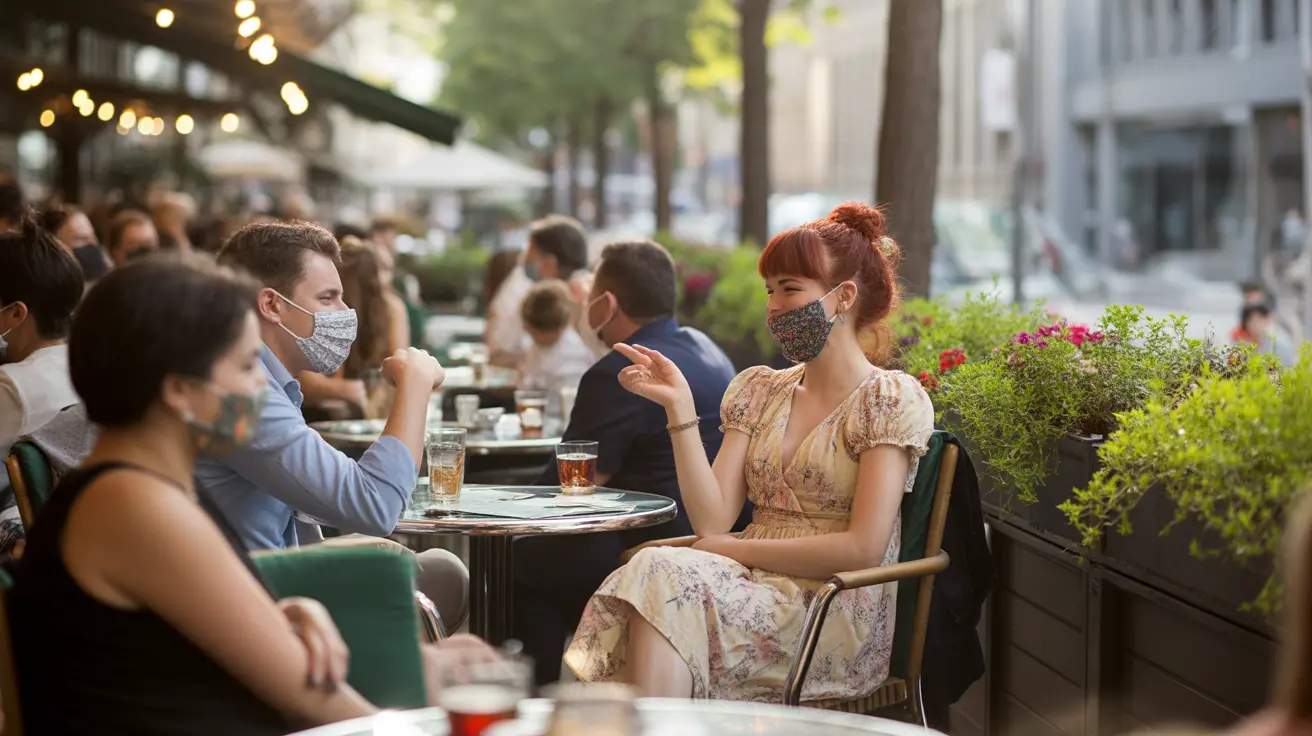The COVID-19 pandemic fundamentally changed how we live, work, and interact with one another. As we continue to navigate its lasting effects, many people wonder if life will ever return to what we once considered "normal." This question reflects both our collective anxiety about the future and our desire to understand what lies ahead.
Understanding whether life will go back to normal requires examining multiple aspects of our changed world, from public health considerations to social behaviors and psychological impacts. Let's explore what experts say about our path forward and what we can expect in the coming years.
The Evolution of "Normal" in a Post-Pandemic World
The concept of "normal" itself has evolved significantly since the pandemic began. Rather than returning to an exact replica of pre-pandemic life, we're witnessing the emergence of a new normal that incorporates both traditional aspects of society and adaptive changes from our pandemic experience.
Many positive changes have emerged from this global crisis, including increased flexibility in work arrangements, greater attention to public health measures, and enhanced digital connectivity. These developments suggest that while life may not return to its exact pre-pandemic state, it may evolve into something potentially better in some aspects.
Understanding Public Health Perspectives
Public health experts suggest that COVID-19 will likely transition from a pandemic to an endemic disease, similar to how we manage seasonal flu. This shift doesn't mean the virus will disappear, but rather that we'll develop better tools and strategies to manage it effectively while maintaining normal daily activities.
The Role of Vaccination and Prevention
Widespread vaccination efforts, improved treatments, and better understanding of virus transmission have created a foundation for safer social interaction. These medical advances continue to play a crucial role in shaping our ability to resume more normal activities while maintaining public health safety.
Psychological and Social Adaptations
The pandemic has left an indelible mark on our collective psyche, affecting how we view social interactions, personal space, and public gatherings. Some changes in behavior may persist long-term, such as:
- Enhanced awareness of personal hygiene
- Greater acceptance of remote work and digital communication
- More conscious attention to mental health
- Changed attitudes toward crowd situations
Creating a New Framework for the Future
As we move forward, focusing on resilience and adaptation rather than trying to recreate an exact pre-pandemic world may be more beneficial. This approach allows us to incorporate valuable lessons learned while building a more robust and flexible society.
Frequently Asked Questions
Will life ever return to the way it was before the COVID-19 pandemic?
While life may not return to exactly how it was pre-pandemic, we are adapting to a new normal that incorporates both traditional aspects of society and positive changes that emerged during the pandemic. Many experts believe we will reach a stable equilibrium that feels normal, though different from our pre-2020 experience.
What factors are causing people to feel like normal life won't come back after COVID-19?
Several factors contribute to this sentiment, including ongoing virus variants, changed social behaviors, modified workplace arrangements, and lasting psychological impacts from the pandemic experience. Additionally, some permanent changes in how we approach public health and social interaction have become normalized.
How do vaccines and collective health efforts influence the chance of returning to normal life?
Vaccines and public health measures play a crucial role in enabling safer social interaction and economic activity. These efforts help create conditions where more normal activities can resume while maintaining public health safety, though some precautions may remain part of our regular routine.
What long-term changes in daily routines and social behavior might continue after the pandemic?
Enhanced hygiene practices, increased remote work options, greater use of digital technologies, and more conscious attention to personal space and health precautions are likely to continue. These changes have become integrated into many people's daily routines and may represent permanent shifts in social behavior.
How can individuals cope with pandemic fatigue and uncertainty about the future?
Individuals can cope by focusing on what they can control, maintaining social connections (even if modified), practicing self-care, seeking professional support when needed, and remaining flexible in their expectations. Accepting that some change is permanent while recognizing opportunities for positive adaptation can help manage anxiety about the future.




